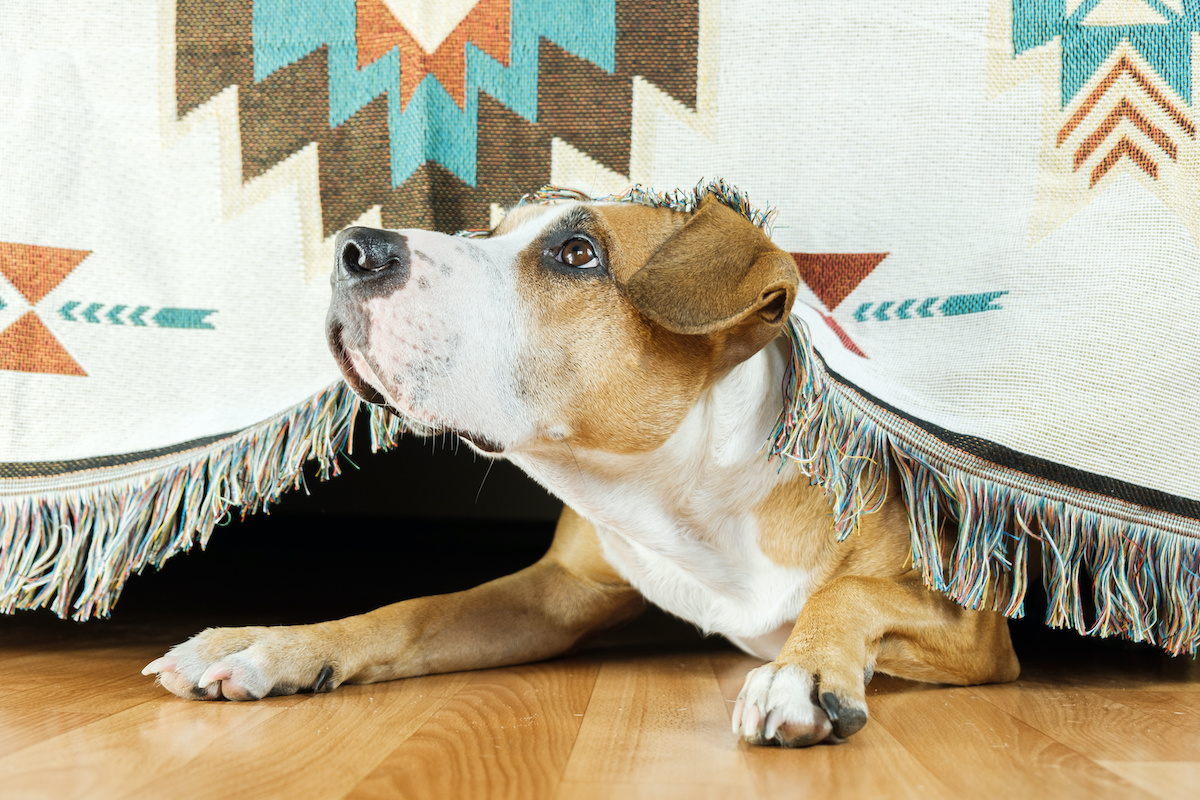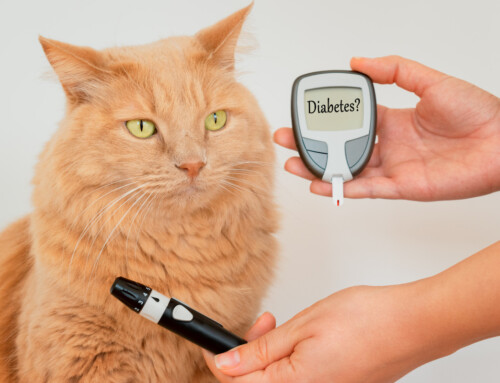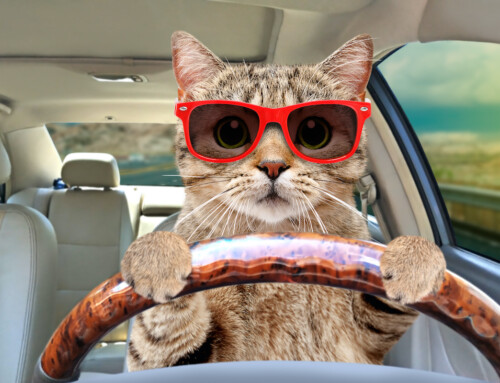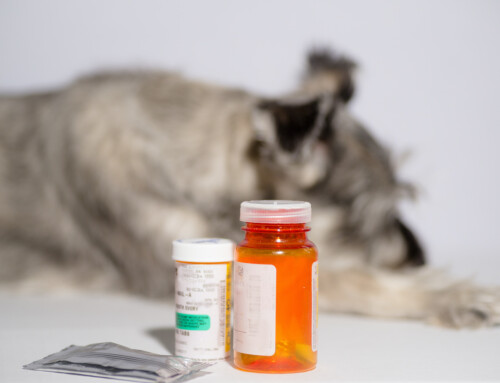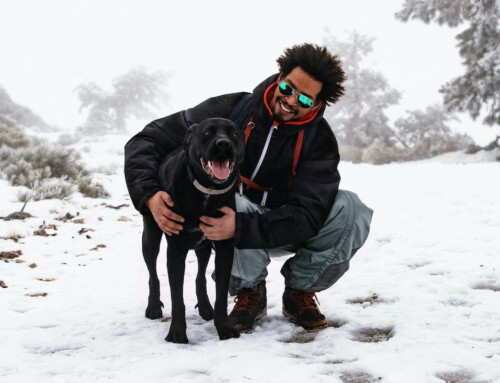One of the most common challenges with owning a dog can be destructive and disruptive behavior when separated from their owner. Have you ever walked into a house that has scratch marks on the door, shredded throw pillows, puddles of urine, and an answering machine full of complaints from neighbors about a barking and howling dog? This might be a sign that the pup needs to be taught proper house manners or it could be the sign of distress.
Separation anxiety in dogs is triggered when they are separated from their owners. Some dogs become agitated in the moments leading up to their owner leaving and suffer from separation anxiety when their owner is not around.
How does Separation Anxiety Develop
Given the importance of companionship to dogs, it is unclear what the specific cause of separation anxiety actually is. However, signs point to the loss of a specific person or group of people as a primary trigger for the distress. Separation anxiety can also be the a result of a number of changes, such as:
- Change in owner or family
- Moving to a new home or living situation
- Change in schedule
- A sudden addition to the family or a loss of a loved one
Symptoms of Separation Anxiety
Different dogs display different symptoms for separation anxiety. These symptoms can cause a lot of issues, such as property damage or compromise one’s living situation. If a dog does significant damage to an apartment or causes too many noise complaints, it can jeopardize a lease agreement or cause conflict between roommates. Attempts to escape can be dangerous for the dog and result in serious injury. Common symptoms of separation anxiety in dogs can include:
- Urinating or Defecating
- Barking and Howling
- Chewing, Digging, and Destruction
- Attempts to Escape and Escaping
- Pacing
In some cases, a dog may even develop “coprophagia”. This is a condition where when a dog is left alone, it may defecate and then eat some of their own feces. Some dogs do this when their owner is around, but if they only exhibit this behavior when separated from their owner, it may be a symptom of separation anxiety.
The symptoms of separation anxiety are also common behavior issues and can be a result of other underlying medical or behavioral issues. It is important to check with your veterinarian about separation anxiety and all other possible causes before treatment. If the dog is older, there is a chance that accidents in the house may be a result of incontinence. Other medical causes for accidents in the house might include a urinary tract infection (UTI), kidney failure, diabetes, neurological abnormalities, or complications after a spay/neutering surgery.
In puppies, it is especially important to rule out a number or possibilities before diagnosing and treating separation anxiety. These symptoms can be a result of incomplete house-training, excitement-urination, boredom, urine marking, and not knowing which toys are theirs for chewing.
What to do if Your Dog Has Separation Anxiety
The goal in solving the issue behind separation anxiety is to help teach your dog to enjoy, or at the very least tolerate, being alone. In mild cases of separation anxiety, focusing on “counter-conditioning” is important and can help ease some of behavioral issues associated with separation. This can take time but overall helps your dog to learn how to handle being at home without you. Some options to explore that might help with mild separation anxiety include:
- Exercise your dog before leaving: Give your dog a good 20-30 minutes of activity and allow them time to settle-in before you leave. Your dog will relieve any extra energy or anxiety they have and as a result, will be less destructive while you are gone.
- Give them an engaging toy before you leave: Consider stuffing a strong chew toy, like a kong. This will keep your dog distracted and give them something to chew on, other than your furniture.
- Skip the over-emotional exits and entrances: This may be hard for some dog owners, but keeping all of your departures and returns calm and emotionless can reduce the anxiety that surrounds them. Avoid the hugs, kisses, and “goodbye baby” exits. When you return, if the dog is jumpy and excited, ignore them until they settle down. Greet your dog calmly and they will learn to match your energy and not see your “hello” and “goodbye” as such an emotional scene.
If your dog has a moderate to severe case of separation anxiety, it may be time to ask for some professional help. Left untreated, this can be a danger to the dog’s safety and detrimental to your property.
MainStreet Veterinarians practices both conventional as well as alternative animal healthcare from our friendly office in Stone Mountain, GA. Offering mainly conventional veterinary medicine and surgery to also offering a wide array of alternative and holistic treatments to the veterinary community as well. Call us today to make an appointment with your beloved pet at 770-498-4620 or send us an email.



